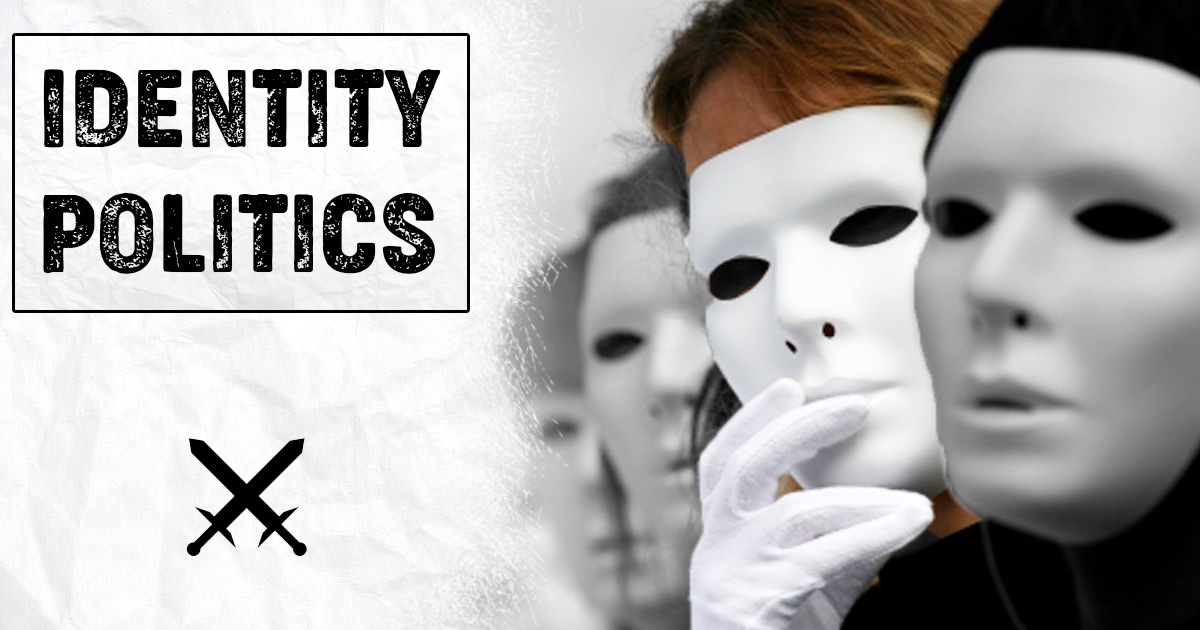What is Identity Politics?
Identity politics refers to political strategies that focus on the interests and perspectives of specific social groups based on shared characteristics like caste, religion, language, gender, or ethnicity. These groups mobilize and advocate for policies that address historical injustices, promote cultural recognition, and achieve social and economic equality.
Drivers of Identity Politics in India
India’s rich tapestry of social identities fuels identity politics:
- Language: India boasts 22 official languages and numerous dialects. Regional parties often champion linguistic identities, demanding greater autonomy or opposing Hindi imposition. This can lead to regional rivalries and impede national integration.
- Caste: The deeply ingrained caste system, despite constitutional abolition of untouchability, continues to influence political discourse. Parties like the Bahujan Samaj Party (BSP) represent historically disadvantaged castes (Dalits) seeking affirmative action policies and political empowerment. However, caste-based politics can perpetuate social divisions and hinder meritocracy.
- Religion: Religion plays a significant role in Indian politics. The Bharatiya Janata Party (BJP) is associated with Hindu nationalism, which can alienate religious minorities like Muslims and Christians. This can inflame communal tensions and hinder social cohesion.
- Gender: The fight for women’s rights and representation fuels identity politics. Movements like the National Federation of Indian Women (NFWI) advocate for reservation in legislatures and policies addressing issues like domestic violence and dowry. However, exclusive focus on gender can overlook the diverse needs of women from different social backgrounds.
Impact of Identity Politics
The impact of identity politics in India is multifaceted:
- On Polity:
- Representation: Identity politics can empower marginalized groups by giving them a voice in political processes. Increased representation can lead to policies addressing their specific needs.
- Fragmentation: However, excessive focus on identity can fragment political discourse and lead to coalition politics based on bargaining rather than ideology. This can make it difficult to form stable governments and implement long-term development plans.
- Populism: Appealing to identity can lead to populist rhetoric and majoritarianism, undermining democratic principles of inclusivity and minority rights.
- On Society:
- Empowerment: Identity politics can be a tool for social change by raising awareness of discrimination and demanding social justice.
- Divisions: However, it can also exacerbate social cleavages by emphasizing differences and promoting “us vs. them” narratives. This can lead to riots, violence, and hinder social harmony.
- Stigma and Stereotypes: Overemphasis on identity can lead to stereotyping and stigmatization of entire social groups. This can hinder individual mobility and social progress.
- On Economy:
- Focus on Specific Needs: Identity politics can lead to policies that address the economic disadvantages faced by specific groups, promoting inclusive growth.
- Inefficiency and Misallocation of Resources: However, quota-based systems driven by identity politics can sometimes lead to inefficiency and misallocation of resources if merit is not adequately considered.
- Social Unrest: Social and political instability arising from identity politics can create an uncertain environment for businesses, hindering economic growth and investment.
Finding the Balance
Identity politics plays a complex role in India. While it can be a powerful tool for empowerment and social justice, it can also be divisive and impede national progress. The challenge lies in finding a balance between recognizing diverse identities and promoting a sense of national unity. This can be achieved through:
- Focus on Shared Values: Fostering a sense of national identity built on shared values like secularism, democracy, and social justice can mitigate divisions based on identity.
- Inclusive Policies: Implementing policies that address the needs of all citizens, regardless of their background, can promote national integration.
- Education and Inter-group Dialogue: Promoting education about India’s diverse heritage and encouraging inter-group dialogue can foster understanding and tolerance.
Identity politics is a significant force in Indian politics. While it offers opportunities for empowerment and social change, it also poses challenges to national unity and progress. Moving forward, India needs to find ways to leverage identity politics constructively to achieve inclusive development and social harmony.





